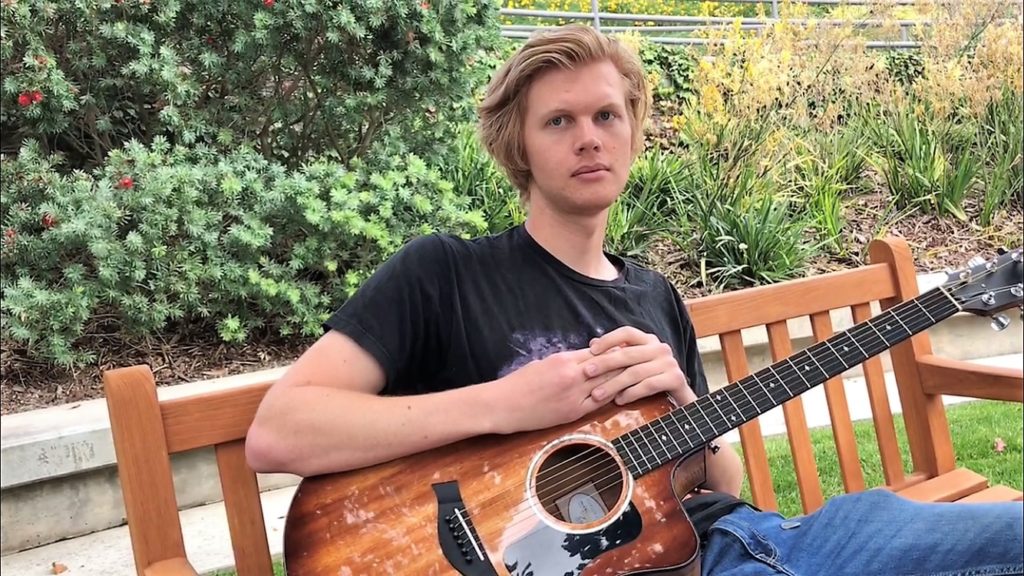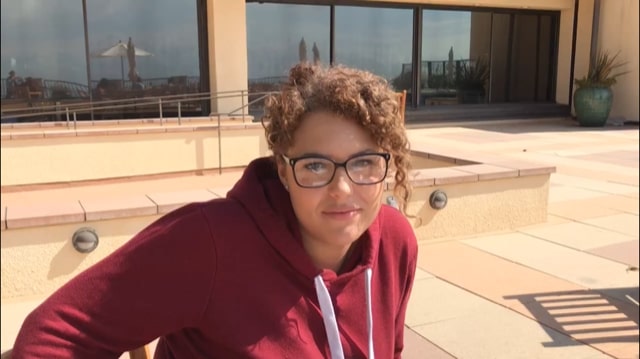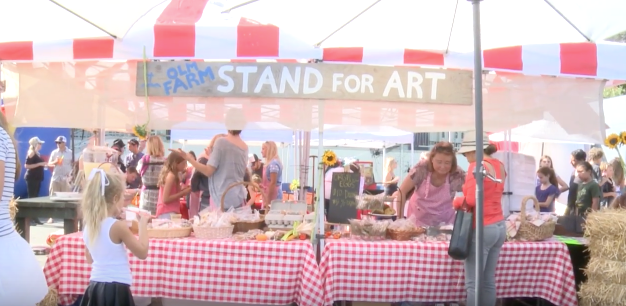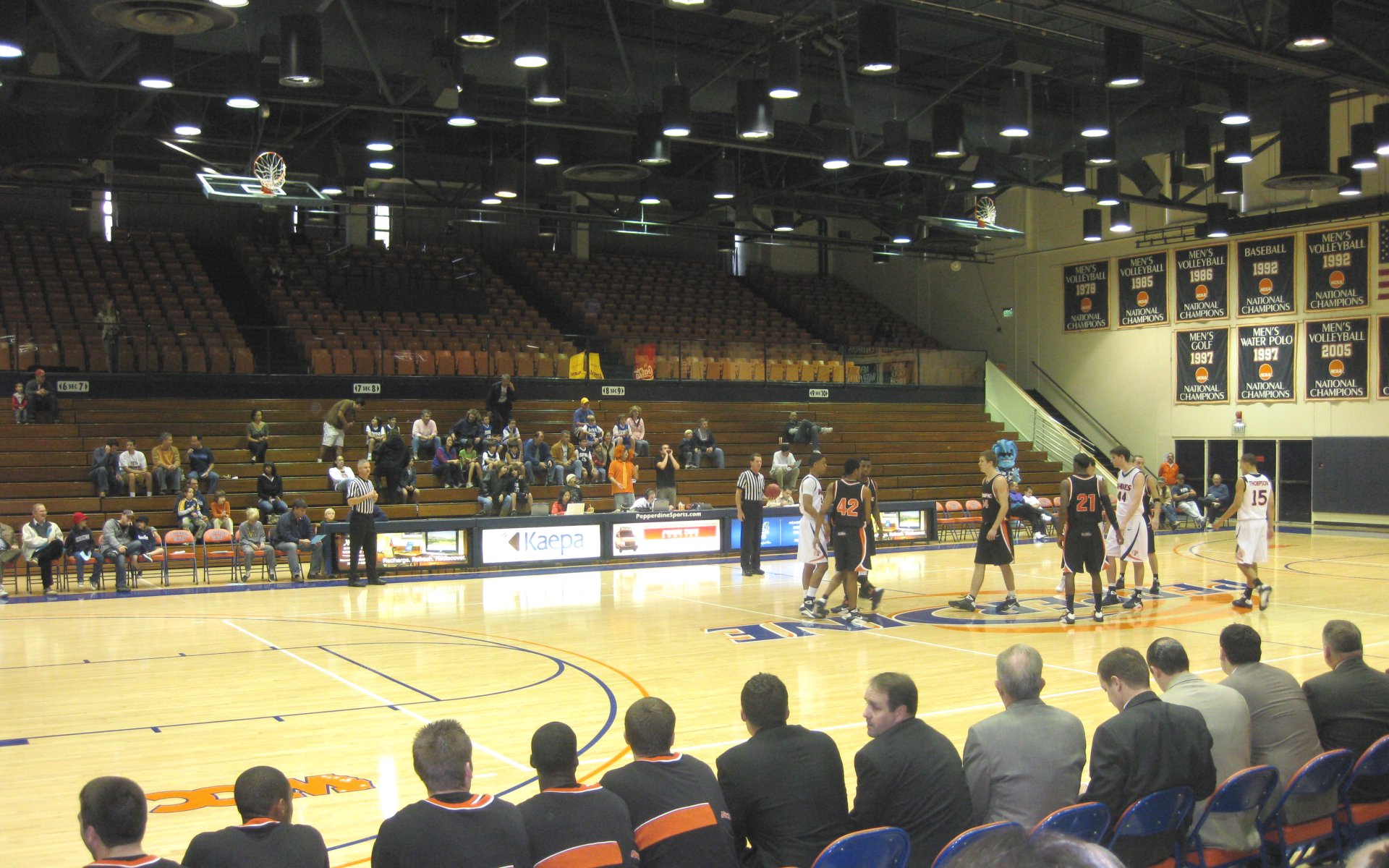One step forward, two steps back.
At least that’s what Pepperdine students and professors think about the quest for gender equality in the United States in the wake of President Donald Trump’s election, the Me Too Movement and the recent Kavanaugh hearings.
“I think this presidency is really picking at a scab that’s been festering for a long, long time,” Pepperdine History Professor Tanya Hart said. “I think that it will be encouraging more people to step out and be open. But there’s gonna be pushback … so expect the pushback of silencing, of doubt. … When it’s political, when there’s something to be gained, we don’t wanna hear it.”
National awareness of sexual assault and harassment is increasing. However, in the wake of the recent Kavanaugh hearings, students and professors at Pepperdine are struggling to reconcile the increased awareness with what they believe is a continued lack of accountability for perpetrators and a lack of clarity surrounding reporting procedures.
Pepperdine data versus the nation
Several studies have highlighted the severity of sexual assault and harassment in the United States. One out of every six American women will be a victim of an attempted or completed rape in her lifetime, according to RAINN, the Rape, Abuse, & Incest National Network. Additionally, college-aged women are three times more likely than other women to experience sexual violence.
Since beginning college, 22 percent of students reported experiencing at least one incident of sexual assault, Mellins and Walsh wrote in a 2017 study at Columbia University and Barnard College.
Few perpetrators are punished, as 99.4 percent of perpetrators of rape will walk free, according to RAINN. The case of Brock Turner, who only served three months in jail after being convicted of sexual assault, further highlighted this issue, Christine Hauser wrote in a August 2018 New York Times article.
Closer to home, the Los Angeles County Sheriff’s Department recently released statistics which show the local magnitude of sexual assault, as the number of reported rapes has increased from 478 in 2013 to 796 in 2017.
Although Pepperdine students may feel safe on their isolated, beautiful campus, they are not immune to this crisis. A Pepp Post poll of 53 students found that over 28 percent of students have been victims of sexual assault, and over 43 percent of students have been victims of sexual harassment.
The 2017 campus crime report includes four sexual assaults after a third-party vendor kissed students on the cheek against their will, Kiley Distelrath wrote in an October 2018 Pepperdine Graphic article. The perpetrator has since been removed from campus. Pepperdine saw zero sexual assaults in 2015 and two in 2016.
Chilling effect
Some said the Kavanaugh hearings further complicated issues for victims of sexual assault.
“They believe that others are not going to believe them, it wasn’t serious enough to count,” said Tanya Asim Cooper, law professor and director of Pepperdine’s Restoration and Justice Clinic. “That people will try to make them look crazy. That there will be a lot of victim blaming. Why didn’t she report, why didn’t she just leave, are some of the questions that we always see our clients and survivors encounter, but even more so in this climate, especially now with the Kavanaugh confirmation.”
Cooper said she thinks that Trump’s comments about Christine Blasey Ford will reduce the number of victims who seek help.
“Our politicians, our leaders’ words matter when it comes to taking issues of sexual assault, domestic violence very seriously,” Cooper said. “And by minimizing it and making fun of survivors, it can make our jobs harder here at the clinic.”
Cooper also said that judicial policies have shifted from being pro-victim to pro-accused under the new president, making it harder for victims of sexual assault to seek justice.
“There’s a higher standard of proof,” Cooper said. “There’s a very short time frame for campus officials to investigate these crimes.”

More education needed
While more than half of students polled said they felt more comfortable reporting a sexual assault to their friends or Pepperdine administration than they did before Trump was elected, several students expressed a lack of awareness of the scope of the problem and confusion about the reporting process.
“I could not tell you off the top of my head what Pepperdine resources to go to,” junior philosophy major Caleb Hobbs said. “There was some talk about it, but as a junior, that was a while ago, I would probably have to do some googling of what to do.”
Other students voiced similar concerns.
“I think actually the only time I’ve personally heard about it was when we had [freshman] orientation,” Travis Christy, junior rhetoric and leadership major, said.
Pepperdine students and faculty agreed that the school needs to keep the dialogue alive. More campus programming at all class levels is a start.
“I think they do a good job of definitely offering resources,” Jesse Pak, junior sports medicine major, said. “But I don’t think that they advertise the conversation as much, and so them being more open to talking about it would be more powerful.”
Araceli Valdez, a sophomore sports medicine major who works as an RA, said that although she has received a lot of training to deal with sexual assault, other students may have less awareness.
“I feel like for staff who work at Pepperdine and see like the background, we do get a bunch of help with that and we are taught what to do,” Valdez said. “But I feel like for a regular student … they don’t really get that connection and they’re not really aware.”
Mellins and Walsh recommended in their study that verbal coercion is a driver in sexual assaults, where the perpetrator forces consent on the survivor. “Assertiveness interventions and those that focus on verbal consent practices may be useful for addressing this form of assault,” Mellins and Walsh wrote.
Mellins and Walsh also wrote that hookup culture is a contributing factor to sexual assault in college and that schools need to encourage clarification of expectations and consent in this new dating atmosphere.
“Dating and sexual relationships have changed,” Cooper said, “so this is also very different from Pepperdine because that’s also not part of the student conduct policy.”
According to the Pepperdine Student Code of Conduct, the school believes that “sexual activity is to be expressed only in a marriage between a husband and wife, and therefore we are called to a life of chastity when unmarried.”
La Shonda Coleman, Title IX coordinator for students at Pepperdine, did not respond to emailed questions about the school’s reporting and procedures or trends in student reporting in light of the recent political and social changes.
Pepperdine efforts
While there is a clear need for increased understanding of sexual assault resources and policies at Pepperdine, students and faculty believe that the school has taken many positive steps toward raising awareness of these issues.
“Pepperdine has a Title IX process and a disciplinary proceeding and my understanding is actually that it happens very efficiently … and is intended to be very fair to both sides,” Cooper said. “Pepperdine could have opted out of it because they are a religious institution but they instead opted in. They said we want to be held to the same standards that other schools are because we think this is very important.”
Kennedi Syphax, a senior interpersonal communication major who has worked with the Pepperdine Counseling Center and on Sexual Assault Awareness Week, thinks that events like the Clothespin Project and “It’s On Us” pledges show the school’s commitment to supporting victims of sexual assault.
“I think that the campus is taking it really seriously,” Kennedi said. “I also think that I’ve seen a lot more Pepperdine students on social media talking about their own stories through Me Too, which I don’t thinking we were seeing before that.”
Valdez has also noticed more events on campus focused on sexual assault awareness.
“I know the sororities and fraternities did a huge advocacy,” Valdez said. “The stop sexual assault sign near the cafeteria was like a huge thing.”
These efforts seem to be making a difference, as 88 percent of the Pepperdine students polled thought women are more likely to report sexual assault at the present time than they were before Trump was elected, even though only 45 percent think that women are more likely to be believed.
“I feel like they’re more likely to be supported by other women,” junior nutrition major Marissa Woytowitz said. “But I don’t think that more people would necessarily believe them than they would before.”
Other students see progress even as contentious issues, such as the Kavanaugh hearing, continue to arise.
“I think that it is a step back,” junior economics major Sahib Natt said. “But I think society as a whole is moving forward from it.”

These students’ comments echo a feeling of increased awareness among Pepperdine students. The poll found that more than 77 percent of students think that awareness of issues surrounding sexual assault and harassment has increased since before Trump was elected.
Many students have had more frank conversations with others since the Me Too Movement began.
“It’s caused me to have some really real conversations with my sister,” Hobbs said. “She’s had experiences with sexual harassment that I just wouldn’t have known about. And she thinks about things in a way that I don’t. When she’s walking around at night, she thinks about certain things that I just wouldn’t consider”
Some students worry, however, that the increased awareness is not enough to deter potential perpetrators.
“I don’t know if it will have an impact on the number,” Hobbs said. “Mainly because I think that people who are going to do that probably know that it’s wrong, at least on some level.”
Other students agree that for real change to occur, society needs to do more than share stories.
“I don’t know if posts on social media are gonna stop somebody from sexually assaulting somebody,” Syphax said. “I think that changing that number starts with how we are raising our men and what we’re teaching them.”
What students can do
Cooper said one way to support victims of sexual assault is by simply giving them the space to share their stories.
“It’s important to be aware of people who are affected,” Cooper said. “Listen to stories of people who are affected, why they have not come forward, why they have not reported. If they did report, what was their experience, were they believed, were they encouraged to report or not to report. And then really listen to these stories,” Cooper said.
Hart said even women have work to do on this issue.
“I always tell students,” Hart said. “Really question the notion of sisterhood because women can be just as divided and just as pitted against each other as men can be.”
Hart also said that rather than looking at the perpetrator and seeing their father, husband, or brother, individuals should look at the victim, and think about themselves in their place.
“I want you guys to engage more with each other and just stop and just shut up and just listen, let people talk,” Hart said. “It’s the silencing that’s killing us. It’s the silencing that really retards the grace and the mercy that we need because there’s just too much pain going on.”
Hart said students need to lead by example as the words and behavior of Trump and others is “giving a free pass to people who already felt that way to speak more and act more that way.”
“We just basically need to starting walking the walk individually and collectively,” Hart said.
Yasmin Kazeminy completed the reporting for this story under the supervision of Dr. Christina Littlefield and Dr. Theresa de los Santos in Jour 241 in fall 2018. Dr. Littlefield supervised the web story.



